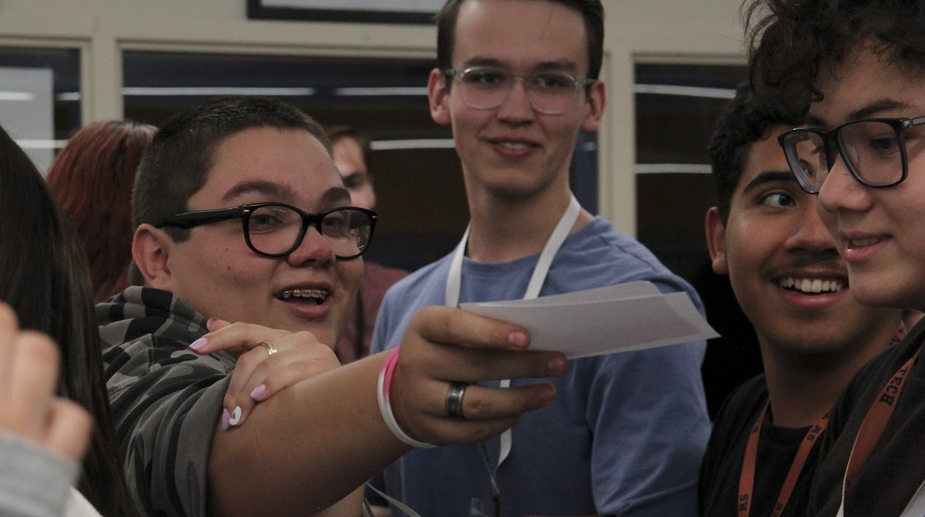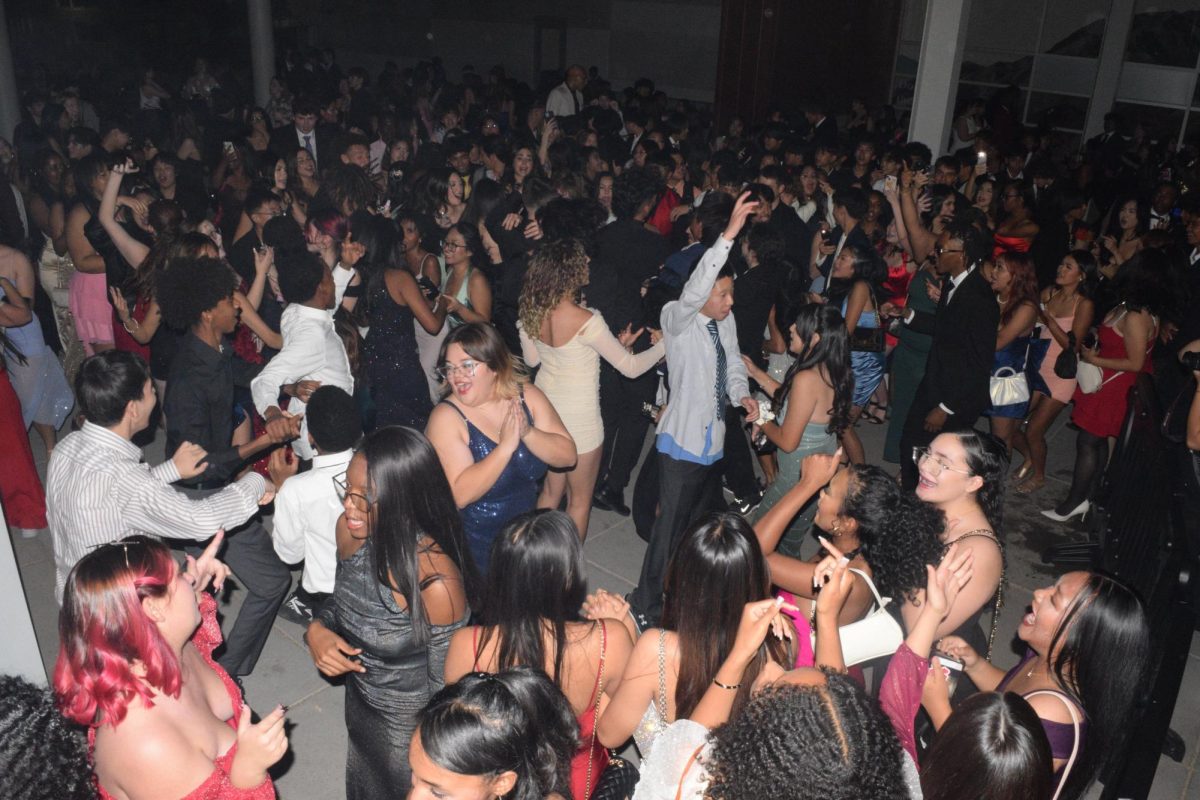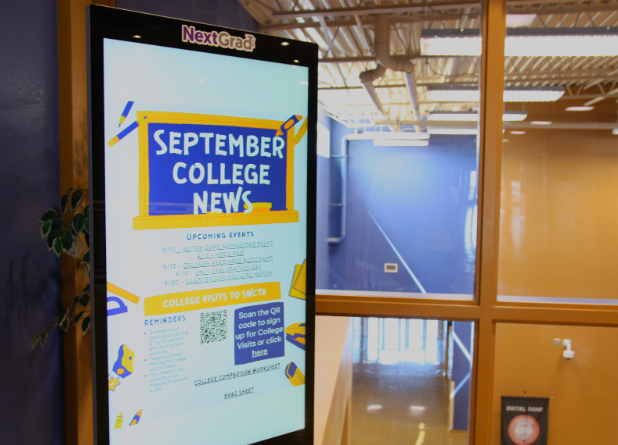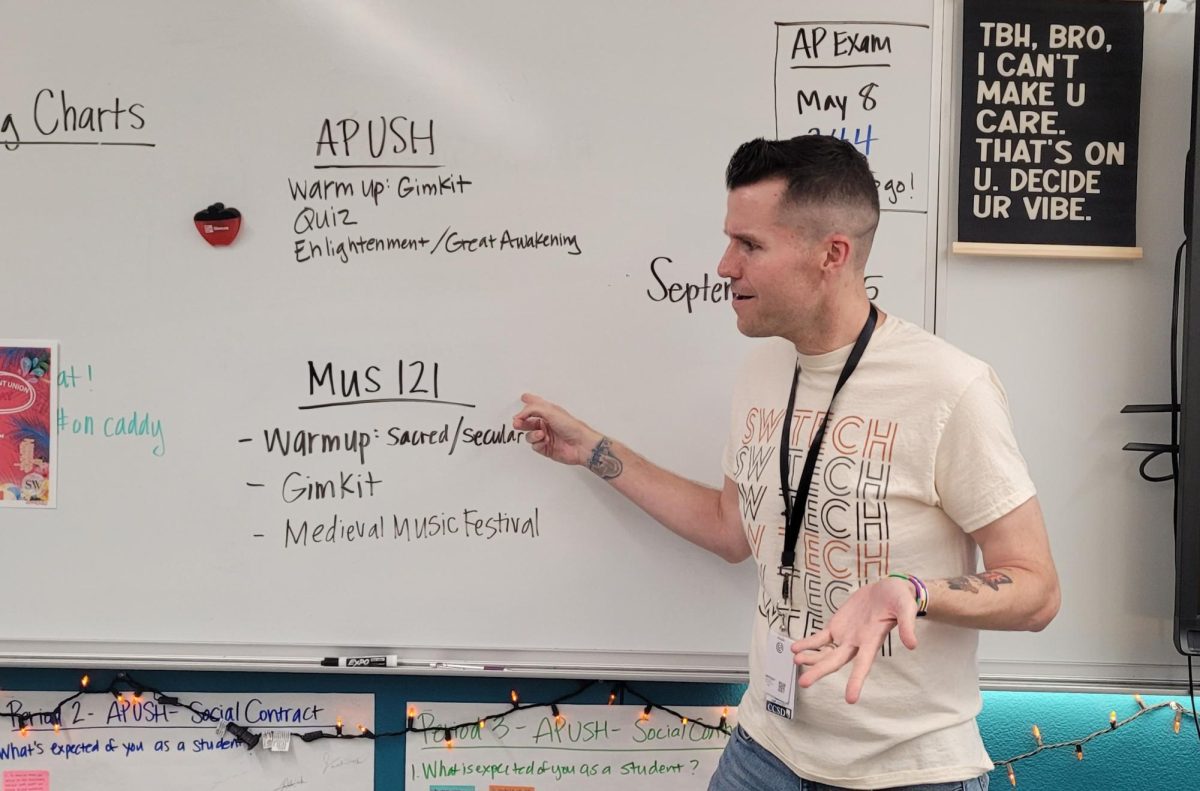TikTok will be banned in the United States on January 19. This was announced just after the Court of Appeals for the DC Circuit rejected TikTok’s request to review the law banning the app.
The law was signed in April 2024 by U.S. President, Joe Biden. The law required Chinese company ByteDance, which owns Tiktok, to sell the company to a domestic company within nine months, due to government concerns that the app gathered and sold American users’ data. The company argued this violates their First Amendment right.
“The First Amendment exists to protect free speech in the United States,” the court stated. “Here the Government acted solely to protect that freedom from a foreign adversary nation and to limit that adversary’s ability to gather data on people in the United States.”
In response, TikTok filed an Emergency Motion for Injunction, a legal request to halt the ban while undergoing legal processing. However, the Appeals court did not approve of the pause, leading to the ban to still take place on its original date.
“TikTok has, at its core, 170 million American users,” ByteDance said in a post in TikTok Newsroom. “Estimates show that small businesses on TikTok would lose more than $1 billion in revenue and creators would suffer almost $300 million in lost earnings in just one month unless the TikTok Ban is halted.”
ByteDance told the public that they will bring the matter to President-elect Donald Trump’s attention, when he returns to office on January 20. Once President, he will have the authority to request a 90-day delay once he is in office. However, this is only possible if he can prove to Congress that a sale is in progress.
“It’s really interesting,” History teacher Michael Woxland said. “I find it odd that Trump is in support of keeping TikTok, even though he wanted to ban it during his first term. He will have to do quite a lot of convincing, considering the Department of Justice has a great argument [against TikTok].”
TikTok, the Department of Justice, and Donald Trump’s Administration all have submitted opening statements to the Supreme Court. The court responded to TikTok’s argument, stating the bill is in relation to the Constitution and does not infringe on First Amendment rights. Donald Trump asked the court to pause the ban date until he is in office and can work alongside the court to find a possible resolution.
“President Trump opposes banning TikTok in the United States at this juncture, and seeks the ability to resolve the issues at hand through political means once he takes office,” Trump’s lawyer Dean John Sauer wrote in an opening statement to the Supreme Court.
The oral case with the Supreme Court will be conducted on January 10. This is the final legal event that will dictate whether or not TikTok will be banned in the U.S.
“The TikTok ban is unnecessary and takes away a creative outlet for many Americans across all age ranges,” sophomore Stacy Vo said. “Whether you think it is or not, the app is highly influential. There is no app as big as TikTok that truly ties people together like it does today. Unfortunately, when that is gone we will see a huge shift in online culture and the community that was built will never be the same again.”


![Practicing the basic skills of nursing, sophomore Natalia Yancey gets her heartbeat checked with a stethoscope. Sophomore nursing students reviewed skills from freshman year. “I’ve always wanted to be in the medical field; it’s been my dream forever,” Yancey said. “Doing [practice skills] so early on is not only an amazing opportunity, but it helps me to prepare for my future.”](https://southwestshadow.com/wp-content/uploads/2025/10/IMG_9843-1200x800.jpg)




